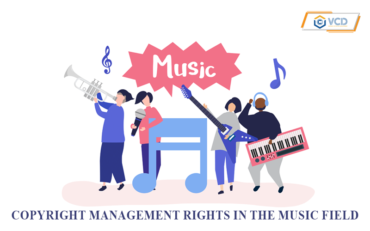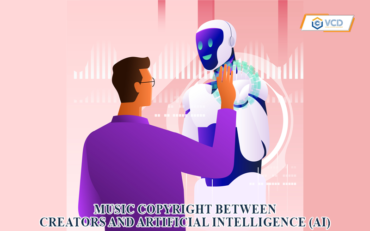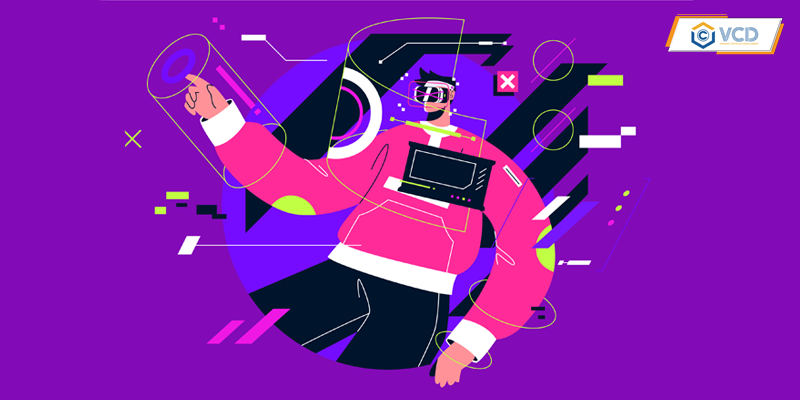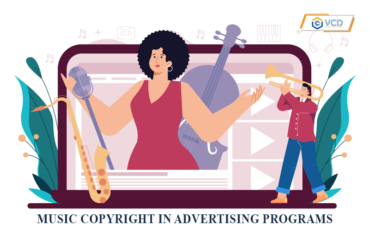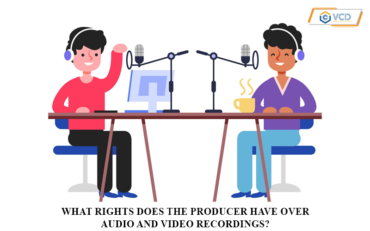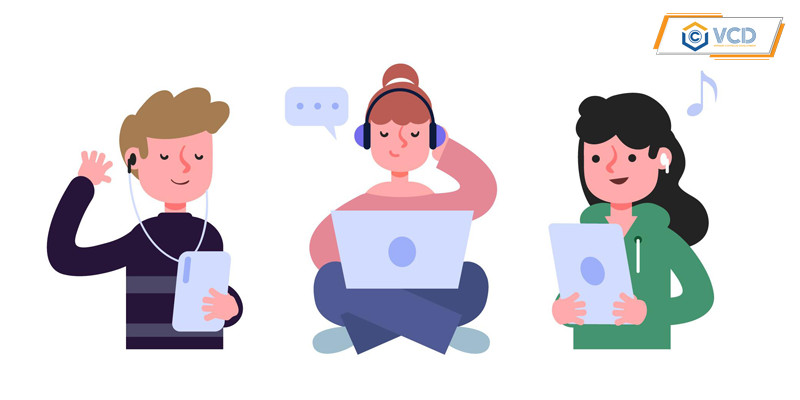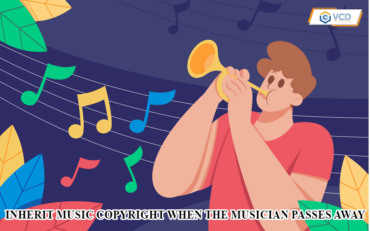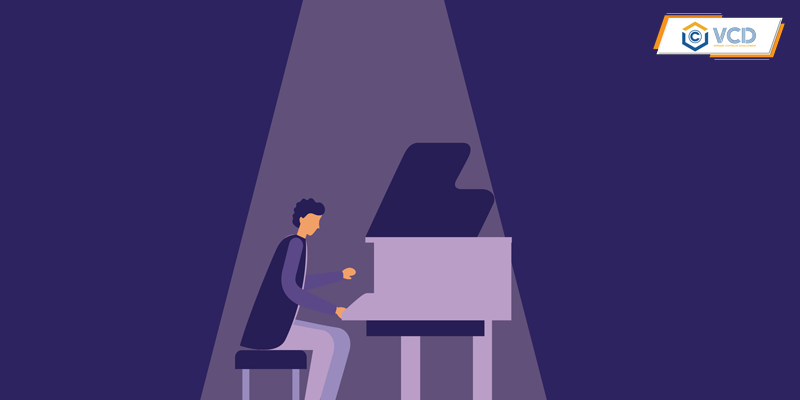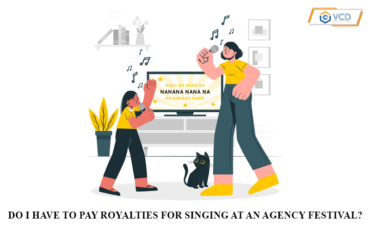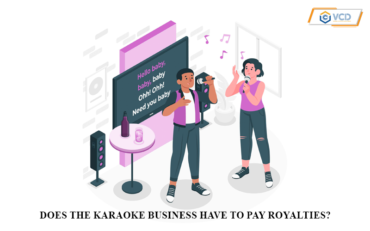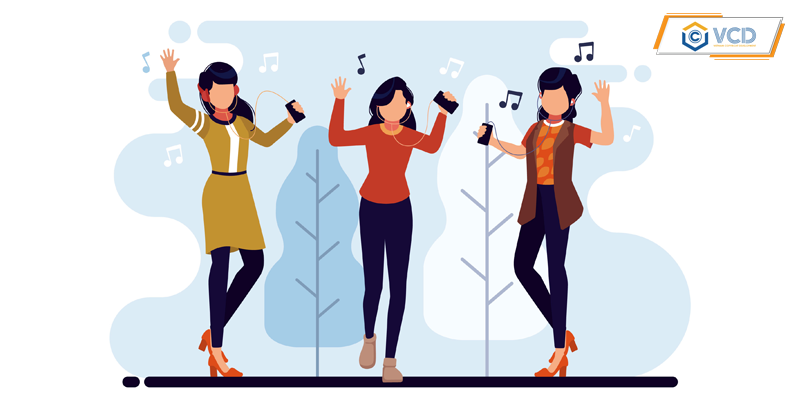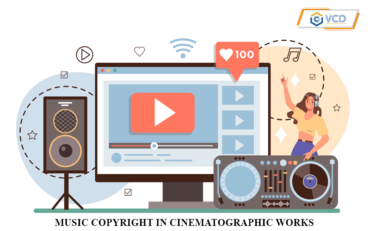Music copyright in event organization
Music is not just a simple source of entertainment but also plays an important role in creating unique experiences and powerful communication during the event. It is not just harmonious musical notes, but also a delicate means to stimulate emotions and create a special atmosphere. Therefore, music is considered one of the most important elements of an event, because it is a means to help the event convey messages to attendees, enhance emotions, and improve the experience of participants. However, how does the law regulate music copyright in event organizations? Please follow “Music copyright in event organization” VCD’s article below.
1. What is music copyright in an event organization?
According to Point d, Clause 1, Article 14 of the Intellectual Property Law, musical works are one of the works protected by copyright. Thus, song copyright is copyright for musical works.
According to the provisions of Article 10 of Decree No. 22/2018/ND-CP, a musical work is understood as a work expressed in the form of notes in music or other musical characters or shaped on a recording. Audio or video recording with or without lyrics, regardless of performance or non-performance.
Thus, music copyright is understood as the author’s right to the work expressed in the form of notes in music or other musical characters or shaped on audio or video recordings with or without music. lyrics, regardless of performance or non-performance from the moment the author creates the work.
Therefore, Music Copyright in event organization is the use of musical works in public or commercial events, including live performances, conferences, exhibitions, festivals, parties, weddings, restaurants, bars, and similar activities. This requires event organizers to obtain permission to use and pay royalties to authors, musicians, and music producers through copyright management organizations.
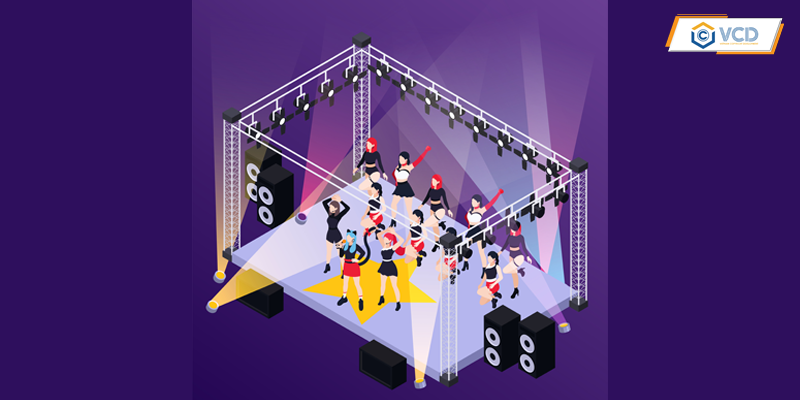
2. Legal regulations on music copyright in event organization
The revised Intellectual Property Law 2022 regulates cases that allow events to use music without asking permission from the owner.
In the case of using published works, permission is not required or copyright fees are paid, but information about the author’s name and origin of the work must be provided:
- Performing works of theater, music, dance, and other types of artistic performances in cultural activities and propaganda activities for non-commercial purposes;
- Recording and recording live performances for news reporting or teaching purposes.
In the case of using published works, permission is not required but one must pay copyright fees and information about the author’s name and origin of the work:
- For events, video and audio recording programs with singers and performers:
If the organizing committee uses and broadcasts musical works that have been announced by the copyright owner to allow recording for commercial purposes, permission is not required, but copyright fees must be paid from the time of use.
In particular, if the program does not have sponsorship, advertising, or collection of money in any form, the copyright fee and payment method shall comply with the Government’s regulations.
If the program has sponsorship, advertising, or collection of money in any form, the copyright fee and payment method will be agreed upon by the parties; In case an agreement cannot be reached, the Government’s regulations will be followed.
- For events and programs using music as audio and video recordings (weddings, inauguration ceremonies, conferences, seminars, etc.):
According to Article 33 of the Intellectual Property Law amended in 2022, organizations or individuals use published audio and video recordings for commercial purposes in events such as weddings, inauguration ceremonies, Conferences, seminars and similar programs do not require permission, but royalty fees must be paid to authors, copyright owners, performers, producers of phonograms, video recordings, and organizations. broadcast from use.
However, the royalty fee depends on the specific conditions of the program. If the program does not have sponsorship, advertising, or collection of money in any form, the fees will be regulated according to Government regulations.
In case the program has sponsorship, advertising or collection of money in any form, fees will be agreed between the parties involved. If no agreement can be reached, the Government’s regulations will apply.
For programs with the participation of artists such as dancers, dance troupes, and other performers, their remuneration will depend on the agreement with the audio or video recording producer when performing the program.
The ratio of distribution of copyright fees and other material benefits shall be agreed upon by the owners or collective representative organizations of copyright and related rights. Organizations collectively representing copyright and related rights can be entrusted to collect and distribute copyright fees and other material benefits. The authorized collective representative organization of copyright and related rights will receive a certain fee as agreed between the parties.
However, when using musical works, VCD advises organizations and individuals to comply with regulations on the normal exploitation of works and not harm the rights of authors and copyright owners. This means that the use of a musical work must not affect the normal exploitation rights of the work and must not cause damage to the rights of the author and copyright owner.


